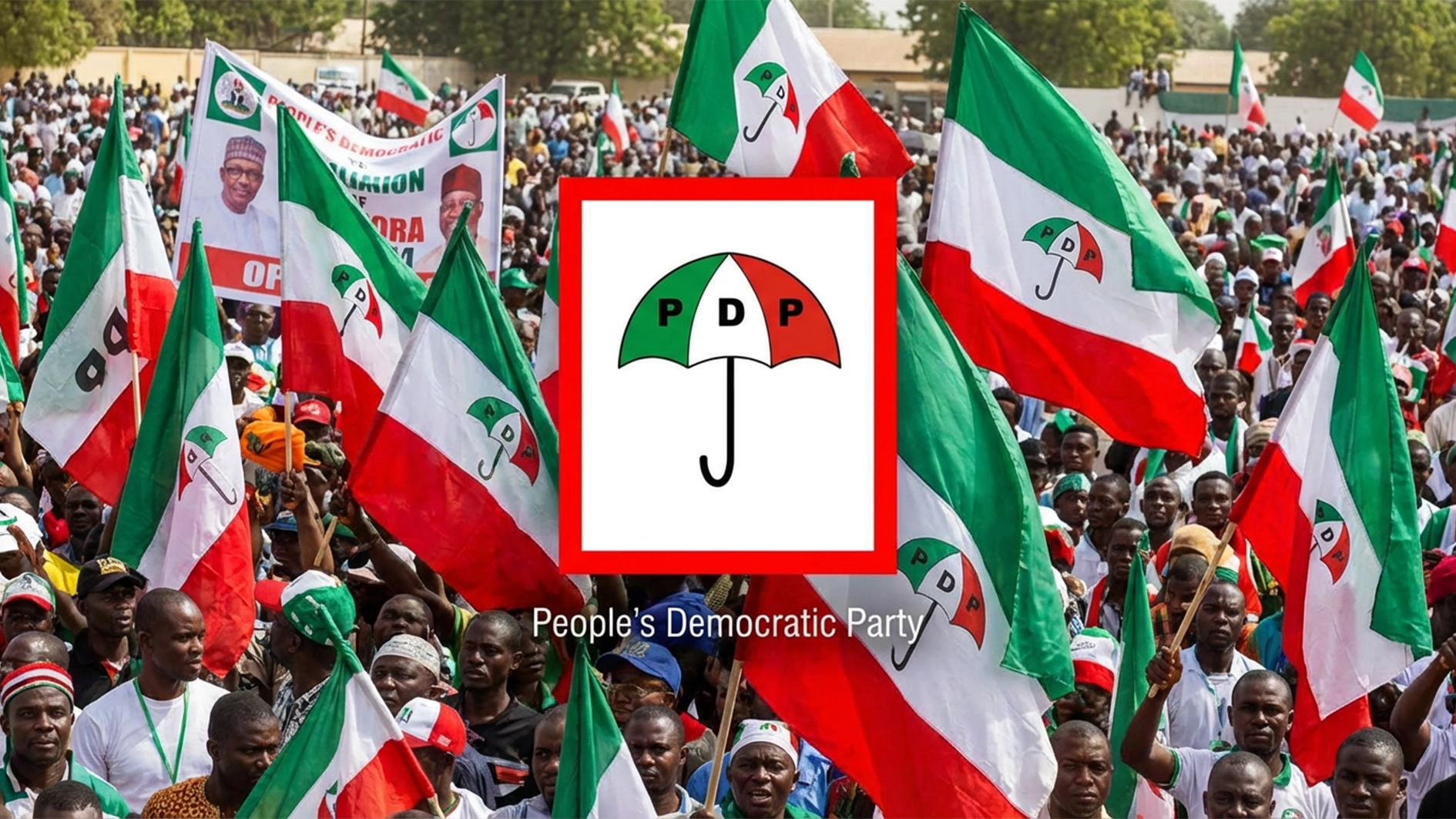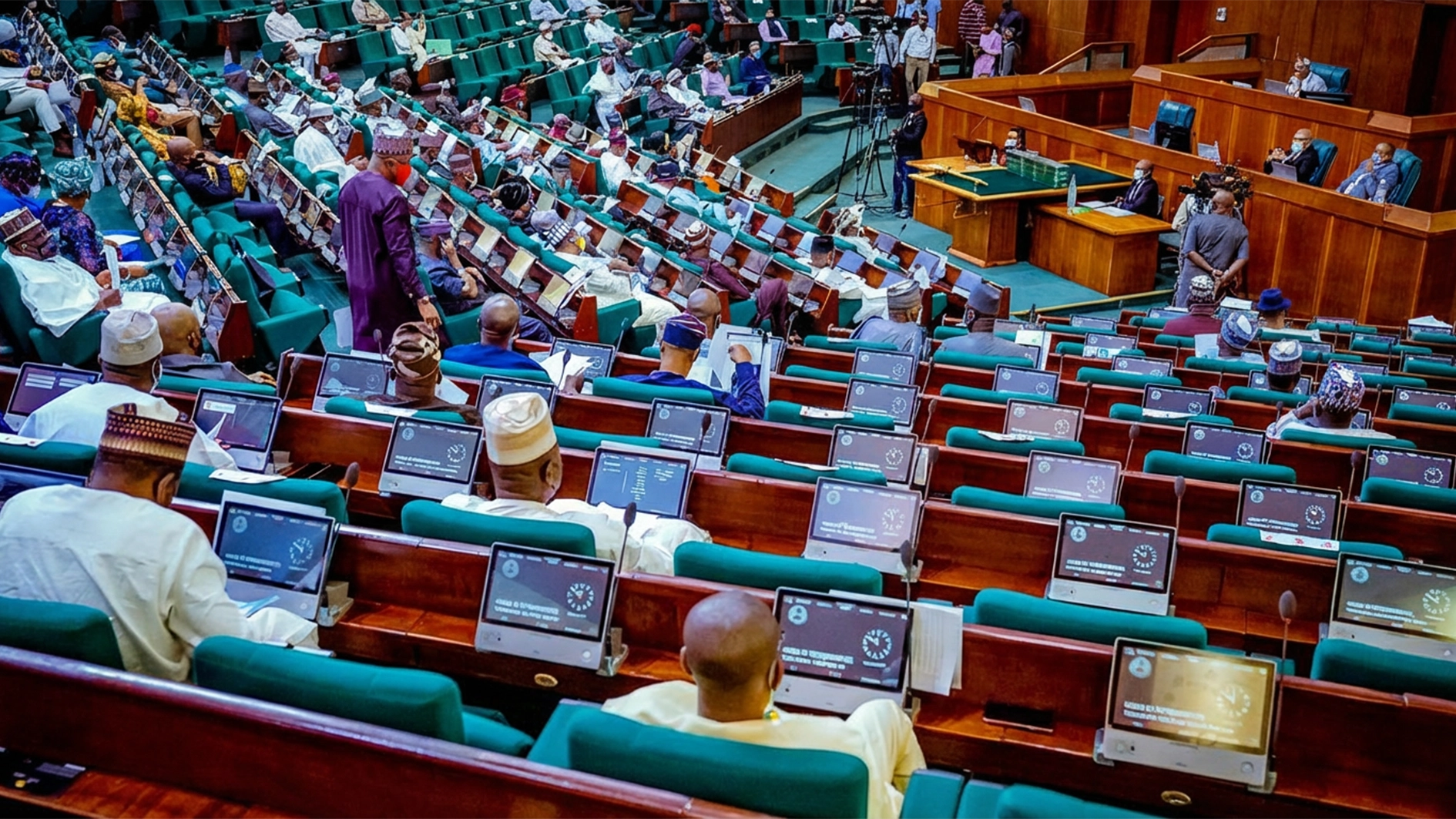African Democratic Congress (ADC) has described President Bola Tinubu’s economic reforms as “heartless,” accusing the ruling All Progressives Congress (APC) of pursuing policies that favour international financial institutions at the expense of suffering Nigerians.
This was in response to the APC’s recent claim that the ADC lacked credible alternatives to the government’s current economic direction. Speaking with newsmen in Abuja yesterday, the ADC National Youth Leader, Balarabe Rufai, said the party’s economic agenda prioritised the well-being of ordinary citizens and was not dictated by external institutions.
“The present administration’s reforms are heartless. They are simply prescriptions from Bretton Woods institutions that do not consider the reality of Nigerian lives,” Rufai said.
He argued that the ADC’s approach to economic reform would be built on four pillars: consistency, ownership, purpose, and strategy, adding that the party’s policies would be “organic and original,” unlike the current reforms, which, he claimed, deepen poverty.
Rufai criticised the APC-led administration for its aggressive tax regime amid rising hardship. On the ADC’s political prospects, Rufai made claims about rising support for the party, suggesting that key political figures such as Peter Obi and Atiku Abubakar were aligning with the ADC.
ALSO, renowned author, Chimamanda Ngozi Adichie, has expressed deep concern over the rising economic hardship in the country, warning that it has pushed many middle-class citizens into destitution.
In an interview on Channels Television’s programme, “Amazing Africans,” Adichie stated that the suffering of ordinary Nigerians remained the most troubling aspect of the current national crisis.
“Life has become so hard in Nigeria, and I can see it. For example, people who were formerly kind of securely middle class, not that life was rosy for them, but they got by, are now people who beg and are in need. That worries me greatly,” she said.
Highlighting the sharp rise in the cost of living, particularly food, Adichie stressed that a government’s performance should be judged by how well it improves the lives of everyday people.
“The level of suffering, how expensive food has become… I think the biggest political judgment one can make is about the lives of ordinary people.
“People talk about the stock market. Personally, I don’t really care about those sorts of things. What I care about is: that person earning minimum wage, how is that person getting on in this economy? It’s the suffering that worries me the most. And it’s terrible,” she added. Chimamanda also noted that increasing hardship could lead even law-abiding citizens down dangerous paths.
“It’s not to excuse crime, but I think when life gets very hard, even people who before would not have considered certain things suddenly are willing to, and that’s dangerous to society,” she warned.






